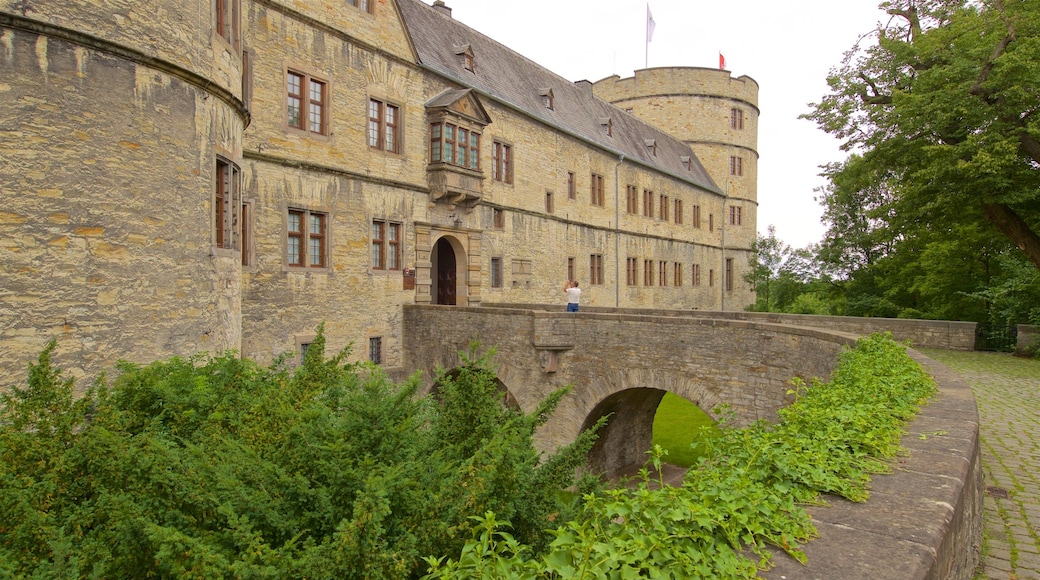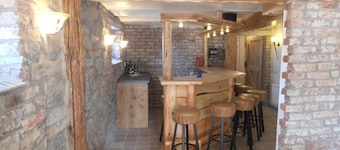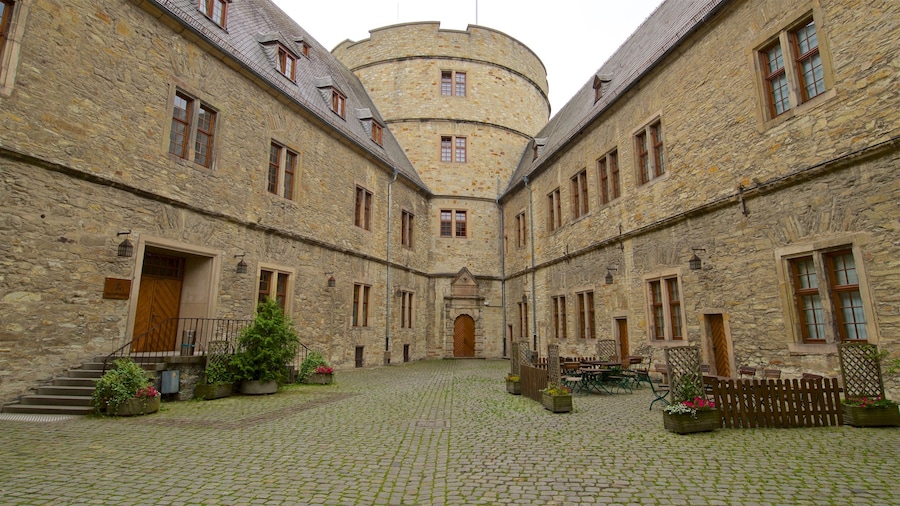Visit the historic and spiritual buildings of this quiet German town and learn about the gruesome years when Hitler’s paramilitary SS troops occupied the castle.
While classed as a city, Bueren (also spelled Büren) is actually a series of small towns in the Paderborn region of northwestern Germany. Walk around the historic heart of the town to find glimpses of its varied and interesting history and spiritual heritage.
Bueren is located in the North Rhine-Westphalia province of Germany. A quiet rural region of the country, it has the large cities of Cologne and Duesseldorf as the major nearby regional centres with both being about a 2-hour drive away.
Bueren had already been a peasant settlement for some 250 years when a castle was constructed on the confluence of the Alme and Afte rivers around 1150. In 1195 the noblemen of Bueren applied for city status. Bueren was subsequently extended outwards to form the original three main streets, the Rosenstrasse, Burgstrasse and Koenigsstrasse.
As you walk around, admire some of region’s beautiful landmarks. The Catholic Saint Nicholas Church is striking from both the inside and outside. Features that stand out include a pulpit from around 1600 and an organ from 1744. The Jesuit Church of Maria Immaculata also wows with its ornate façade and interior. Look up to the ceiling to be dazzled by the religious artworks. Next door you will find the large former Jesuit college.
Head to the nearby small village of Wewelsburg, also part of the Bueren city area. Towering on the hill above you is the mighty Wewelsburg Castle. The castle is best known for its association with Himmler, the leader of the paramilitary organization under Hitler’s devastating regime during World War II.
The Wewelsburg 1933-1945 Memorial Museum in the former guardhouse tells part of its SS history, while the Historical Museum of the Prince Bishopric of Paderborn across the courtyard deals with the Roman Catholic history of the district. Other exhibits in the castle cover the social and natural history of the area and of the building itself. Together these museums are known as Kreismuseum Wewelsburg.
Before you leave Bueren, sample one of the region’s specialty schnapps and enjoy a hearty meal in a local restaurant while you ponder the region’s fascinating cultural, religious and political past.












